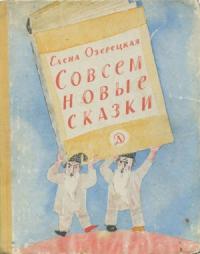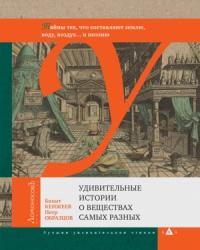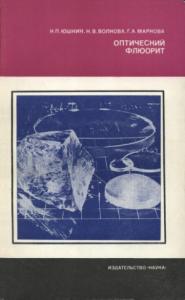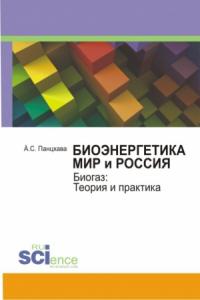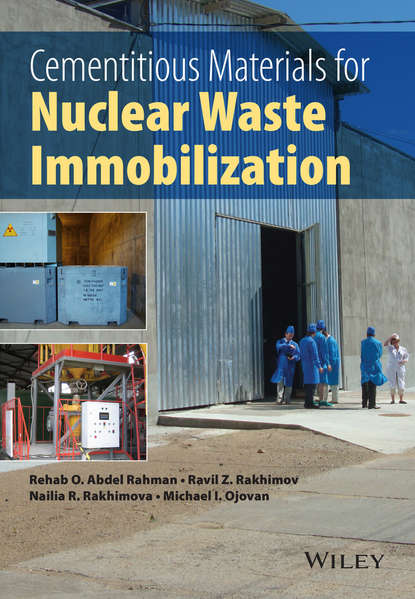
Cementitious Materials for Nuclear Waste Immobilization скачать fb2
Rehab O. Abdel Rahman - Cementitious Materials for Nuclear Waste Immobilization краткое содержание
Cementitious materials are an essential part in any radioactive waste disposal facility. Conditioning processes such as cementation are used to convert waste into a stable solid form that is insoluble and will prevent dispersion to the surrounding environment. It is incredibly important to understand the long-term behavior of these materials. This book summarises approaches and current practices in use of cementitious materials for nuclear waste immobilisation. It gives a unique description of the most important aspects of cements as nuclear waste forms: starting with a description of wastes, analyzing the cementitious systems used for immobilization and describing the technologies used, and ending with analysis of cementitious waste forms and their long term behavior in an envisaged disposal environment. Extensive research has been devoted to study the feasibility of using cement or cement based materials in immobilizing and solidifying different radioactive wastes. However, these research results are scattered. This work provides the reader with both the science and technology of the immobilization process, and the cementitious materials used to immobilize nuclear waste. It summarizes current knowledge in the field, and highlights important areas that need more investigation. The chapters include: Introduction, Portland cement, Alternative cements, Cement characterization and testing, Radioactive waste cementation, Waste cementation technology, Cementitious wasteform durability and performance assessment.
Чтобы оставить свою оценку и/или комментарий, Вам нужно войти под своей учетной записью или зарегистрироваться
